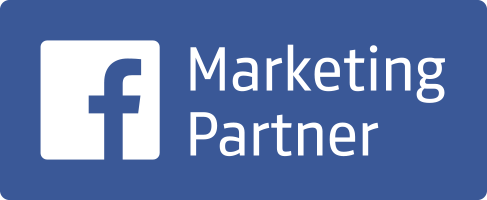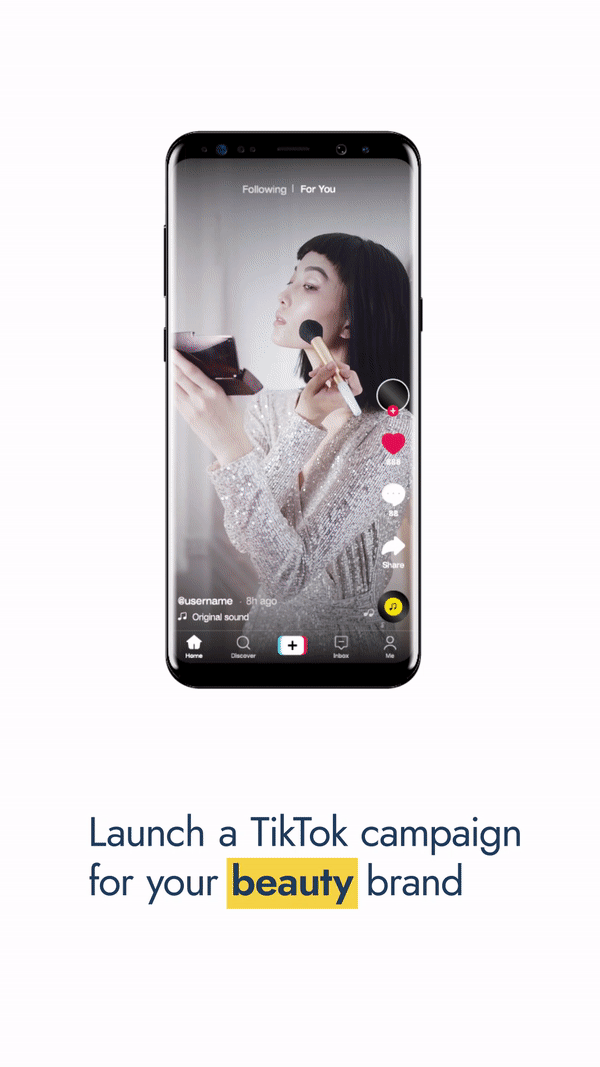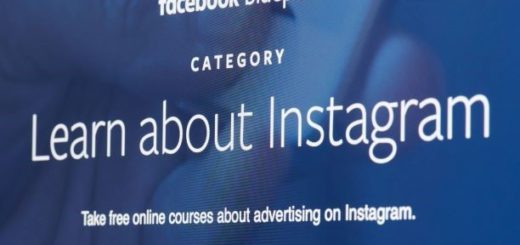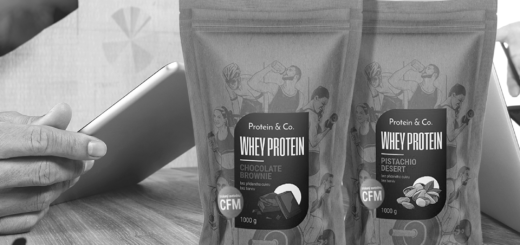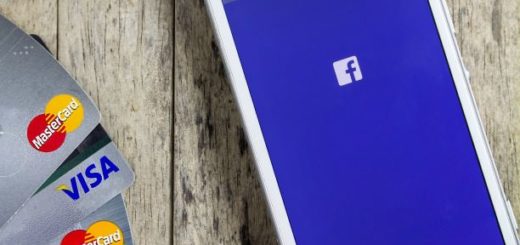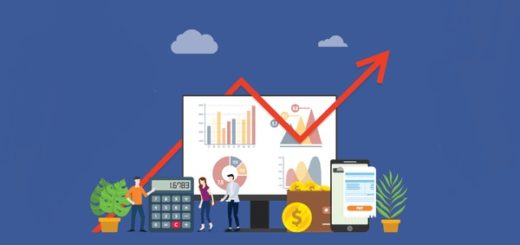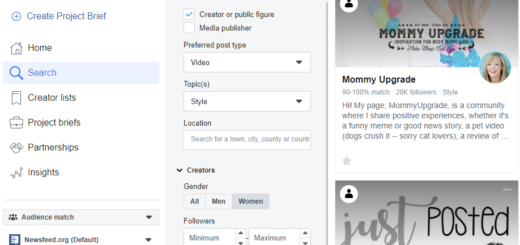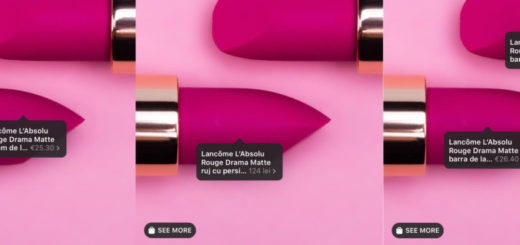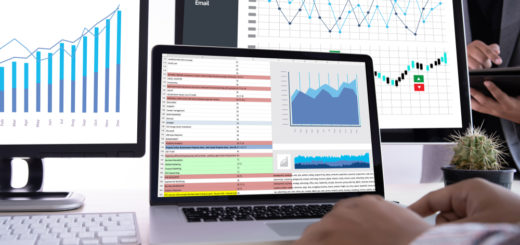
Conversion Attribution is one of the most frequently misunderstood topics in today’s performance marketing world. Facebook makes the work of advertisers certainly difficult, because in addition to the large number of advertising opportunities, conversion attribution is a topic that leads repeatedly to fierce discussions in marketing departments. In today’s post, I’d like to explain how, when, and why Facebook counts a conversion for a campaign.
Getting starting with Facebook Conversions
In order for Facebook to capture conversions, the Facebook pixel or the Facebook SDK must be installed on the website or in the app respectively. In addition to the implementation of the Facebook pixel and/or SDK, the events that you need to track must be also implemented on the website so that Facebook is notified when a conversion is performed. In addition to using the Facebook Pixel and the Mobile SDK, offline events can also be used to measure visitors in brick-and-mortar shops.
A conversion happens when a user has seen or clicked on your ad. Facebook distinguishes conversions between:
1. View-through conversion:
A user sees your ad (but does not click) and performs a desired conversion within the set attribution window. The default attribution window for view-through conversion is one day.
Example of a view-through conversion: On Monday, a user sees your ad in their Facebook News Feed but does not click. The next day, the same user visits your website and then performs a desired action (converts). Facebook now attributes the conversion to the ad, which was seen on Monday.
2. Click-through conversion:
A user clicks on your ad and executes the desired conversion within the set attribution window. The default attribution window for the so-called click-through conversion is 28 days.
Example Click-Through Conversion: On Monday, a user clicks on your ad and visits your website, but does not convert. 10 days after interacting with the ad, the user visits your website and then converts. Facebook now attributes this to the ad that was clicked on Monday because the conversion took place within the 28-day attribution window.
Have in mind that Facebook follows the “deduplication” logic, meaning that a conversion is never counted twice. Either the conversion is assigned to the pure visual contact (view-through conversion) or the click (click-through) on the advertisement. Keep in mind that Facebook prefers click-view conversion over view-through conversion.
View-through vs. Click-through conversion:
On Monday, a user clicks on the ad in the Facebook Newsfeed and ends up on your website, but without converting. On Thursday, the same user sees your new ad in the Facebook News Feed. The next day (Friday) the user visits your website and performs the desired conversion. Which advertisement is Facebook now attributing the conversion to? The conversion is within the attribution window of both the view-through and the click-through windows. Because Facebook prefers click-through conversion to view-through conversion, the conversion is attributed to the ad that was clicked on Monday.
Key things to have in mind about Facebook’s attribution model:
- Facebook follows the deduplication logic: A conversion can be assigned to either the clicked ad or the viewed ad- never both.
- Facebook prefers the click-through conversion to the view-through conversion. When a user clicks on an ad, sees another ad from you, and converts within the two different attribution windows, Facebook attributes that conversion to the ad that was clicked on.
- The default attribution window is 28 days for clicks and one day for views.
Time and conversions
In addition to attributing a conversion to advertisements, the time allocation of a conversion differs from the conventional conversion attribution. Google Analytics attributes conversions on the day the conversion was performed. Facebook, on the other hand, counts the conversion on the day of the interaction (Click & View) with the ad. Specifically, this means the following:
On Monday, a user visits your website after clicking on the ad in the Facebook Newsfeed, but does not convert yet. The next day the user visits your website again and then executes the desired conversion. Facebook will attribute the conversion of the clicked ad as well as the time of conversion to Monday, the day the user interacted with the ad.
Attributing conversions to the right channels
Finally, the most important question to answer; which channel a conversion is attributed to? In particular, the way Facebook attributes conversions leads to a data discrepancy between the numbers reported in Facebook Ads Manager and the numbers reported by other website analytics tools. The reason for this is the following: Facebook knows no other traffic channel than the visits from their ads. As a result, users who access the site via e-mail marketing or even Google AdWords and finally complete the conversion, are attributed by Facebook to the respective ad with which the user had interacted earlier.
Another example of Facebook Attribution: On Tuesday, a user clicks on the ad and leaves the site without completing a conversion. The next day, the user visits this page through Google Organic Search, and then completes a conversion. Although Facebook has a last-touch attribution model, the conversion is not attributed to Google search, but to the ad clicked the previous day. This is because Facebook does not recognize the other visitor channels and therefore can not be taken into account in the allocation process. Google Analytics, on the other hand, acknowledges the organic search as the conversion channel on the day the conversion took place.
In the end, not only is there a “time/date” distortion, but also a channel distortion, so that the conversion figures in the Facebook Ad Manager are different from the numbers in website analytics tools (Google Analytics, Piwik, etc.).
How to change the attribution window in Facebook Ad Manager
The one-day or 28-day attribution window is Facebook’s default attribution window. However, it can be customized as needed. In the following paragraph I show you how you can adjust the attribution window to your needs with just a few clicks.
- Go to Ads Manager and in the performance column select Customize Columns from.
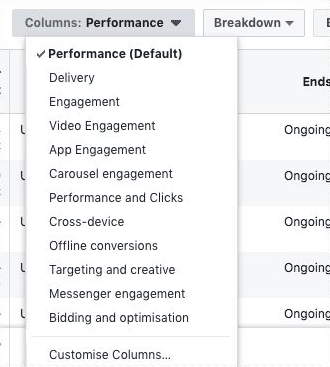
- Choose the combination that best-suits your needs
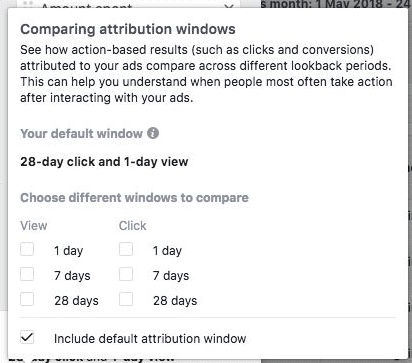
After choosing your custom attribution model, Ad Manager will display the conversions for both the default attribution window and the custom attribution window.
Attribution windows for conversion campaigns & branding campaigns
There’s no one attribution window that works for every situation as different attribution windows work better for different reasons. The attribution window should be applied depending on the objective of your campaigns. Conversion campaigns, where the targeted users are in the lower part of the funnel, should use a shorter attribution window (1-5 days) to measure marketing effectiveness. So, if you are using retargeting campaigns like Dynamic Product Ads, a short attribution window is recommended as the user is about to make a purchase decision.
On the other hand, awareness campaigns generally use longer attribution windows because the customer is in the upper part of the sales funnel and the purchase decision is not imminent. More specifically, these awareness campaigns make it possible for conversion campaigns to be able to run, because without viewing awareness campaigns, visitors will not be reached and targeted with retargeting campaigns.


